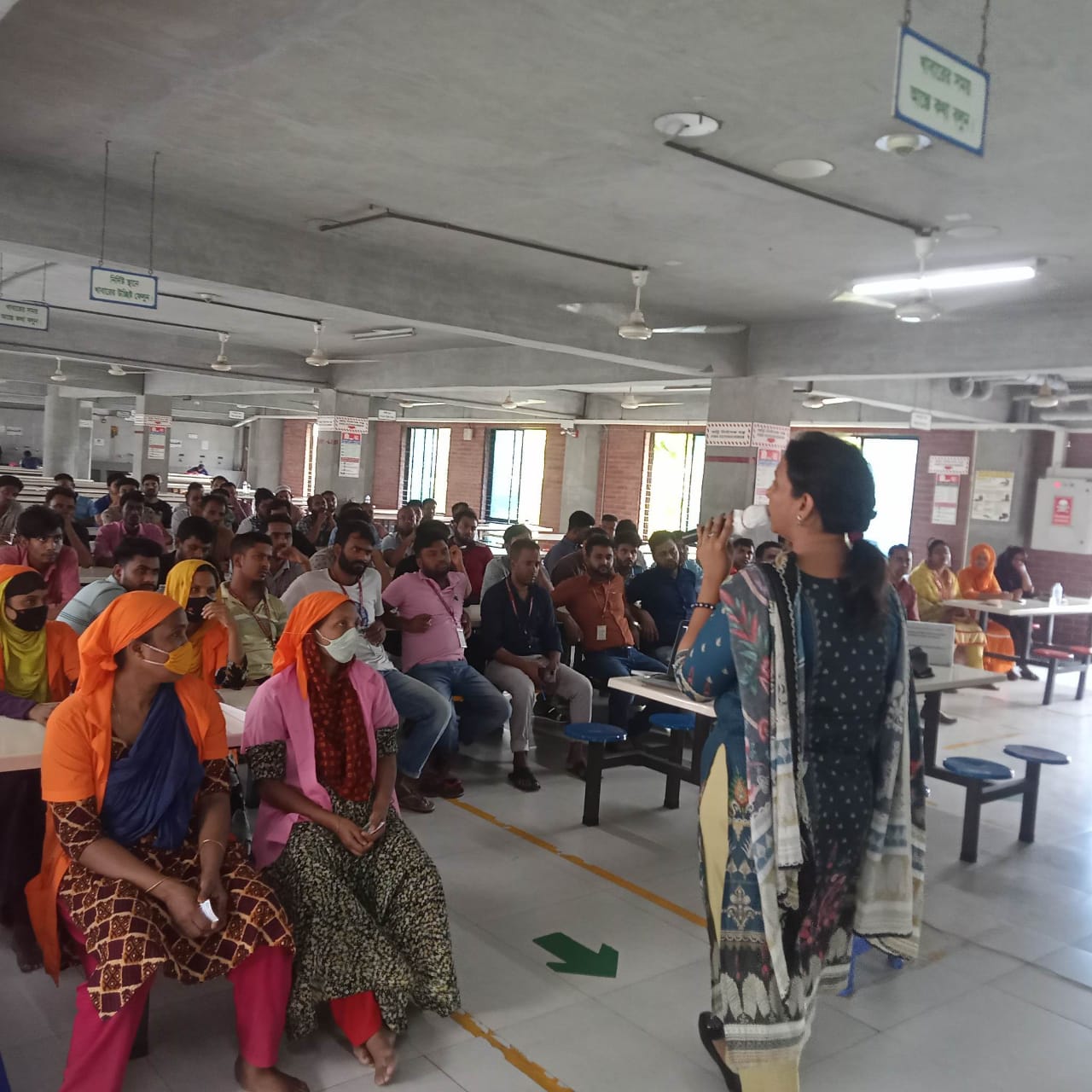Whistleblowing and Worker Wellbeing: Evidence from Bangladesh’s Garments Sector (Reporting Escrow)

| Project Name | Whistleblowing and Worker Wellbeing: Evidence from Bangladesh’s Garments Sector (Reporting Escrow) |
| Project Duration | August 2021 to December 2023 |
| Funding organization | Columbia University, New York, USA |
| Development Organization | Phulki |
| Project Goal | The research team studies how the design and the introduction of a whistleblowing system affects information transmission by employees, misconduct by firm owners or by managers, and ultimately workers’ wellbeing and relations with management |
| Project Purpose | In Bangladesh’s garments sector, where weak state institutions offer little to no legal protections to whistleblowers. In response, multinational apparel buyers introduced their own whistleblowing system in the form of an anonymous, toll-free helpline managed by a reliable third party. They collaborate with the helpline, named Amader Kotha (AK), or “our voice” in Bangla, to implement a field experiment. They test how varying the resolution protocol affects workers’ incentives to report, the actual incidence of labor issues, and workers’ well-being and relations with management. They hypothesize that lack of plausible deniability and coordination problems lead employees to underreport certain types of employer misbehavior. |
| Project Output | This research also responds to interest in gender equality, highlighting the role of internal reporting and grievance mechanisms to improve conditions for women in the workplace. This research is part of a research agenda on labor conditions and productivity in developing countries and information mechanisms affecting development outcomes Our research team’s ability to partner with critical stakeholders in the global apparel supply chain, such as the Alliance for Bangladesh Worker Safety (a coalition of multinational buyers that formed in the aftermath of the 2013 Rana Plaza collapse in Bangladesh to improve their suppliers’ safety), is possible, demonstrates stakeholders’ interest in this research agenda. |
| Project working areas | Dhaka, Savar, Ashulia, Gazipur, Mohammadpur, Uttara, Tongi, Mymensing, Joydedpur, Shreepur, Narayanganj, Comilla, Chittagong. |
| Beneficiary/ Stakeholder |
Workers of 646 Selected Factories. |
| Short description | The project team will conduct a field experiment with 158 garment factories that participate in the AK Helpline. They will randomly assign half of these factories to treatment and half to control and compare their outcome at baseline and 9 months after the intervention. Factories that are treated will experience a change in the AK Helpline’s resolution system, namely, an increase in plausible deniability for callers and/or a reduction in coordination problems among workers by providing an information escrow2. The control condition is the status quo AK Helpline resolution system. They will test for effects on four main outcomes: (1) worker incentives to report sensitive issues, (2) actual occurrence of labor issues, (3) worker wellbeing, and (4) worker-manager relations. In addition, the team will explore the potential effects of collective action by workers3. They will test for heterogeneous treatment effects on these outcomes by gender. To measure these outcomes, they will use a combination of individual survey data, helpline call data, as well as an anonymous voting system to get at the actual incidence of employer misbehavior. |
| Major Achievements | Training has been provided since November 2022 garments for workers, and a good number of factories are still in the queue for receiving training. Through our safer together training, we are delivering a speech to workers to make aware them of numerous issues and build up knowledge of how to contact Amader Kotha Helpline for assistance if they don’t get any resolution of their different types of workplace issues, such as emergency issues, safety issues, health issues, and labor issues. Workers are now more confident to raise their problems to management and ask for neutral judgment. |
